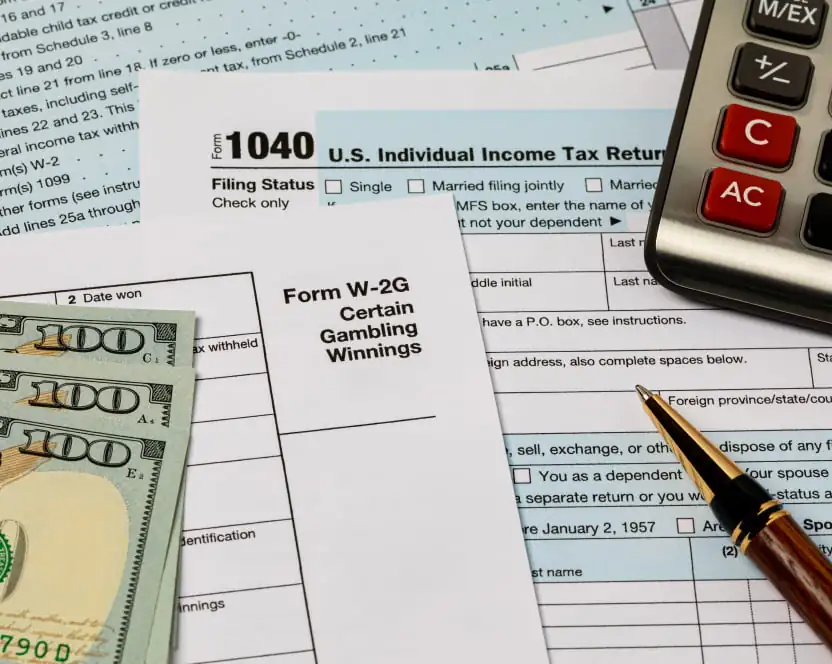Are you planning to purchase and get an income from real estate in Georgia? Owning property in Georgia can be a solid investment, but there are some significant tax aspects to consider. This article provides a broad overview of property taxes in Georgia for individuals, covering everything from property tax rates to income tax obligations related to real estate ownership.
Understanding Property Taxation in Georgia
In Georgia, taxable assets include real estate (both completed properties and unfinished construction projects), vehicles (passenger vehicles, yachts, helicopters, and airplanes), and leased property (property acquired through financial leases from non-residents).
Property tax rates in Georgia are determined primarily by household income and the location of the property.
Property Tax Rates Based on Household Income
- Household Income Above 100,000 GEL: The property tax rate will range between 0.8% and 1% of the property’s market value.
- Household Income Between 40,000 GEL and 100,000 GEL: The tax rate is between 0.05% and 0.2%.
- Household Income Below 40,000 GEL: Property owners are typically exempt from property tax and tax on land.
How Land Tax is Calculated in Georgia
It’s important to distinguish that land tax is calculated separately from property taxes on buildings or other structures. The land tax rate depends on several factors:
- Land Size: The size of the land, measured in hectares, affects the tax rate.
- Land Classification: Different types of land (agricultural, residential, etc.) have varying tax rates.
- Location: The local municipality sets the land tax rates, meaning that the rate can vary depending on the property’s location.
Key Note: Land tax is not affected by household income and must be paid by all property owners regardless of income level.

Filing Property Tax Returns in Georgia
Property tax returns must be filed through the Revenue Service portal. The filing deadline is November 1st of the year following the relevant tax year, with payments due by November 15th.
If you own a property for less than a year, the property tax will only be calculated for the months during which you were the owner.
Income Tax Considerations for Property Owners in Georgia
In addition to property tax, owning real estate in Georgia may result in income tax obligations, especially if the property is rented out or sold. However, Georgia’s tax laws are favorable for real estate investors:
Tax on Foreign Property Investments
- Rental Income from Foreign Property: Rental income from property located outside of Georgia is not taxed in Georgia.
- Capital Gains from Foreign Property: Similarly, capital gains from selling foreign property are not subject to tax in Georgia.
Main Gains Tax on Georgian Property
- Property Owned for More Than Two Years: If you sell a property in Georgia that you’ve owned for over two years, you may qualify for a full exemption from capital gains tax.
- Property Sold Within Two Years: If the property is sold within two years, a reduced tax rate of 5% applies instead of the standard 20%.
Rental Income Tax on Georgian Property
- Rental Income from Georgian Property: Whether you rent to long-term tenants or operate short-term rentals, rental income from Georgian properties is taxed at a flat 5% rate on gross income.
Special Property Tax Provisions for Individual Entrepreneurs in Georgia
For Individual Entrepreneurs (IEs), particularly those under the Small Business Status (SBS) regime, there are special provisions for property tax calculation. Under SBS:
- Only 25% of taxable income is considered when determining household income for property tax purposes.
- For example, if your taxable income under SBS is 100,000 GEL, only 25,000 GEL will be counted towards the threshold for property tax exemption.
If this reduced income is below the 40,000 GEL threshold, you may be exempt from property tax, which can be a significant benefit for small business owners.
Navigating Property Taxes in Georgia
Understanding property taxes in Georgia is important for property owners to ensure compliance with the country’s tax laws and avoid penalties. Taxes are based on household income, the value of the property, and its location, with special rules for entrepreneurs and foreign property owners.
By becoming familiar with Georgia’s property tax structure, real estate investors can reduce the likelihood of facing tax penalties and ensure smooth ownership and income generation from real estate in Georgia.
Understanding Georgia’s tax laws is key to avoiding penalties and ensuring compliant, profitable property ownership—especially for foreign investors and entrepreneurs. Let Nomos Georgia guide you through every step. Contact us today.

